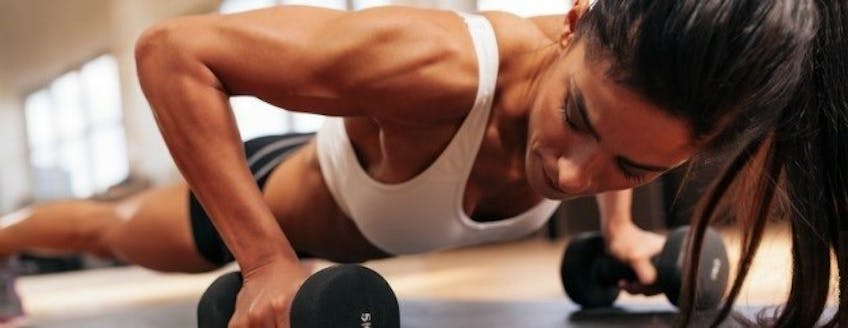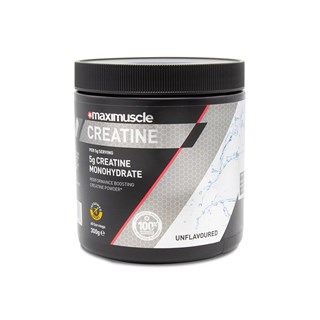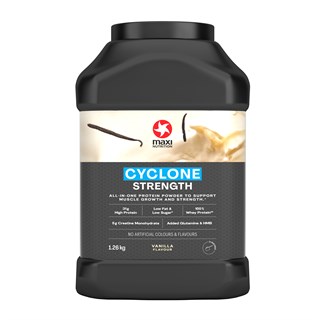Starting Your Training
If you’re wondering how to get stronger, you will need the right kind of training -read on to find out more!
Your physical training will involve resistance work, and that can usually mean targeting the larger muscle groups in the gym. By focusing on explosive moves that force dynamic muscle to operate, you are creating the perfect environment for your nutrition to go to work.
Try taking on superior basic compound movements such as deadlift, squat, bench press, overhead shoulder press, rows, pull-ups (or pull-downs). These moves will help drive your core strength and powerful explosive muscle. It’s normal to feel exhausted after sets of these compounds – your body is using a high proportion of muscle at the same time. Make sure you leave a good rest period of several minutes between sets – but not so long that you lose your focus. For exercises targeting smaller muscle groups like biceps and triceps, use shorter rest windows of around one minute.
The Right Nutrition
Addressing how to get stronger and more powerful can be targeted. Protein at a higher level is necessary, you should aim for around 2g of protein per kilogram of body weight per day. This will support your muscles through maintaining mass and repairing damage. Taking protein 30 minutes before your first rep begins – if it’s a fast-absorbed protein like whey – means that your body will be pre-loaded with the protein it needs. Supplementing with protein immediately after training will also encourage muscle benefits by using a window of opportunity when your body is calling out for repair and replenishment.
Calorific load is also important to get right. Without the carbohydrates to provide essential energy, your body can begin to take out macronutrients from its own muscle, which will eventually lead to a decline in the mass of your muscle.
Creatine
Many people take creatine to help them achieve greater power during short bursts of high intensity exercise. In fact, it’s one of the most popular performance supplements in the world today, as well as being well-reviewed.Creatine is found naturally in foods like meat and fish. In humans, it’s produced in small amounts in the liver and stored in our muscle cells. There, it’s used to power bursts of high-intensity muscle contractions. We can only produce a fixed amount ourselves, and if your training is particularly demanding you may need extra supplementation of creatine.
















